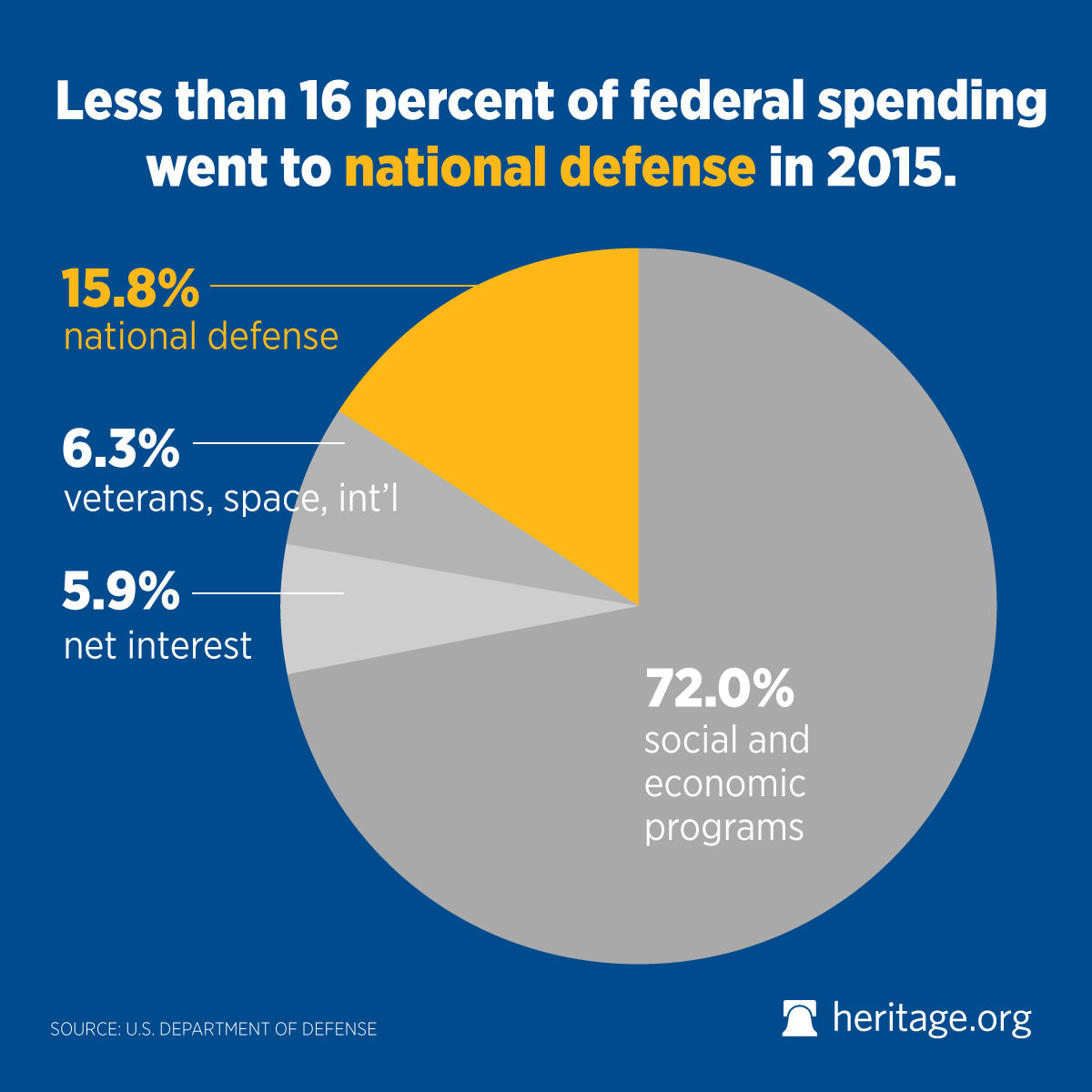
America’s military is dangerously weak and unprepared today, and it’s not getting better. At least that’s what top military leaders told Congress recently. Unfortunately, the testimony of these top generals and admirals did not get the attention it deserved.
For the last 15 years, the United States military has not prepared for conflict with a near peer competitor like Russia or China. General Mark Milley, chief of staff of the Army, shared his worries with Congress, explaining that the Army would be able to handle a serious conflict but “not at a level that is appropriate for what the American people would expect to defend them.” In other words, because soldiers are not adequately prepared, the U.S. Army would either be late to arrive to a conflict (due to more time for training) or they would send soldiers into harm’s way unprepared.
These are not issues isolated to the Army. The Commandant of the Marine Corps, General Robert Neller, when commenting on the ability to meet requirements in a major conflict, said the Marine Corps “would be able to do that but probably not within a timeframe that current plans call for [them] to arrive to participate in that conflict.” The chief of Naval Operations, Admiral John Richardson, also admitted that there is “a readiness debt that we have had difficulty pulling out of or even making progress on as the funding levels are what they are and the security environment continues to put demands on the force.”
Almost two decades of conflict and years of budget constraints have taken their toll on the military, both in terms of deferred modernization and insufficient readiness. In the 2016 Index of U.S. Military Strength, the American military received a grade of “marginal”. We can see why in one news story after another. Only one third of Army Brigade Combat Teams are battle ready.
Half of the Air Force’s combat forces are insufficiently prepared for a high-end conflict. The Navy is forced to put more strain on its sailors and ships by doing eight to ten month deployments, instead of the more manageable 6 months.
All Marine Corps aircraft either need to be replaced or recapitalized. Not to mention, the Marines’ current level of Class A mishaps is nearly double the ten year average. Neller confessed that “the simple fact is that we don’t have enough airplanes to meet the training requirements for the entire force.”
Last year, the former chairman of the Joint Chiefs said the planned defense budget was “the lower ragged edge of manageable risk need to execute our nation’s defense strategy.” The suggested base defense budget at the time was $573 billion. This year’s defense budget request is more than $20 billion lower. If last year’s estimate was the lower ragged edge, this year’s budget request surely is below that edge of manageable risk.
As Sen.John McCain, R-Ariz., commented recently:“I fear it means that our military is becoming less and less able to deter conflict and if, God forbid, deterrence does fail somewhere and we end up in conflict, our nation will deploy young Americans into battle without sufficient training or equipment to fight a war that will take longer, be larger, cost more and ultimately claim more American lives than it otherwise would have.” This fear is echoed by Secretary of the Air Force Deborah James who stated that, “history teaches us that the consequences of insufficient preparation are the prolonging of conflict and the increased loss of life.”
Congress needs to take action to relieve the stress being placed on the defense budget. While men and women in uniform accept a level of risk when they join, Congress and the American people need to provide the funds necessary to minimize this risk.
Gen. Welsh, chief of staff of the Air Force, put it best when saying the men and women of our armed forces “are willing to pay the price if they think it’s important, if they think the nation supports them, if they think they’ll have the resources and the equipment and the training to be the best in the world at what they do. That’s all they ask.”
A fully adequate defense budget needs to be responsibly funded by Congress. National defense is an explicit Constitutional priority. Congress should recognize their constitutional duty and fully support our war fighters.
[bold, italics, and colored emphasis mine]
John Sullivan is a member of the Young Leaders Program at The Heritage Foundation. Justin T. Johnson specializes in defense budgets and policies for The Heritage Foundation’s Allison Center for National Security and Foreign Policy.
"House Budget Goes in the Wrong Direction on Defense" - Justin Johnson / March 16, 2016; http://dailysignal.com/2016/03/16/house-budget-goes-in-the-wrong-direction-on-defense/






No comments:
Post a Comment